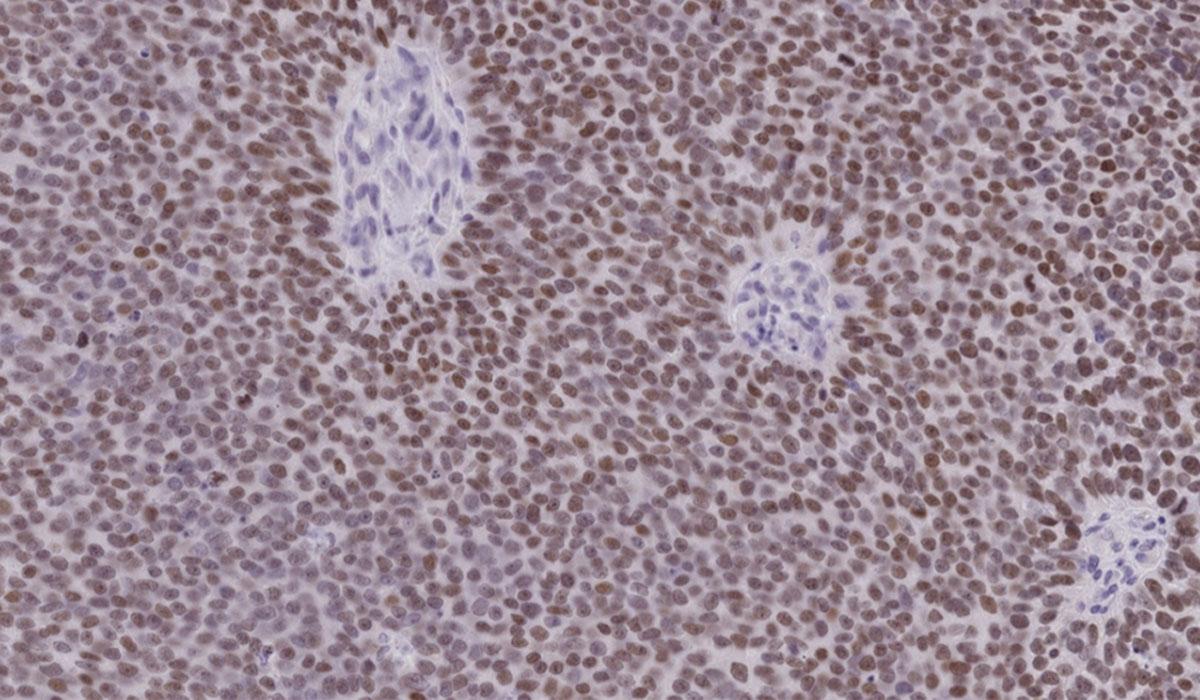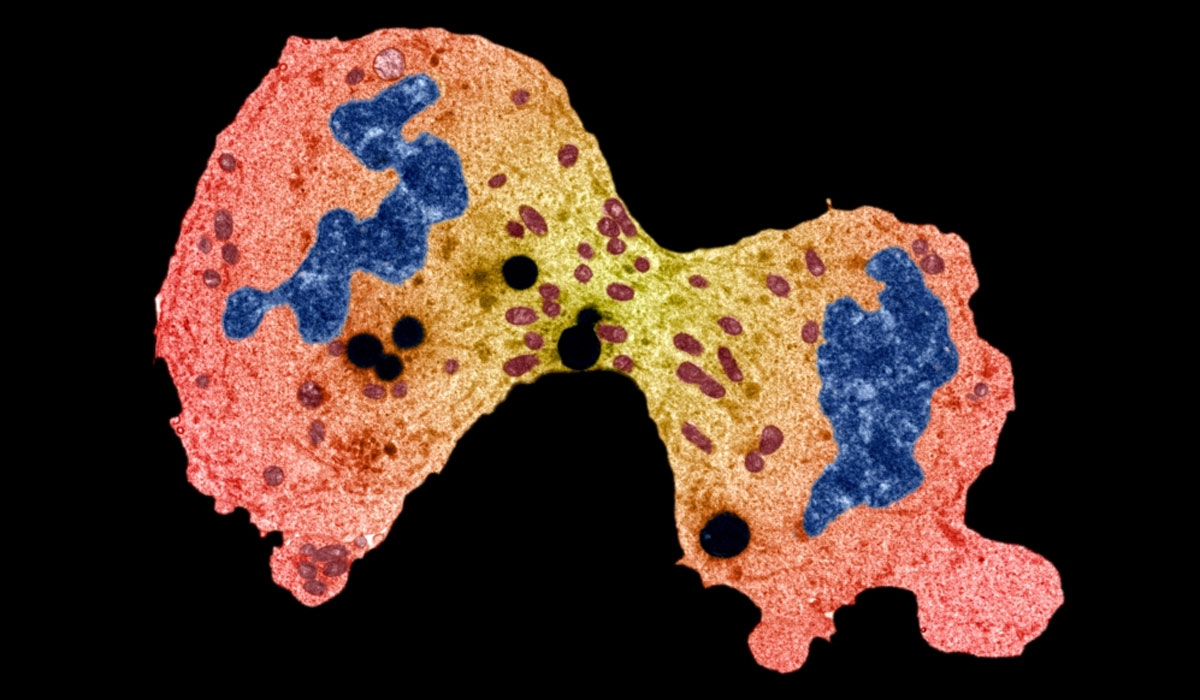Researchers at the University of Michigan Rogel Cancer Center have identified a gene, PROX1, that may play a key role in making certain prostate cancers more difficult to treat. These aggressive cancers often become resistant to standard therapies that target androgen receptor hormones. The team also discovered that a class of FDA-approved drugs can reduce PROX1 levels and effectively kill these treatment-resistant cancer cells. Read the full article to learn how this breakthrough could pave the way for new patient treatment options.
We use cookies to ensure you get the best experience on our website. By using this site, you accept our use of cookies.













